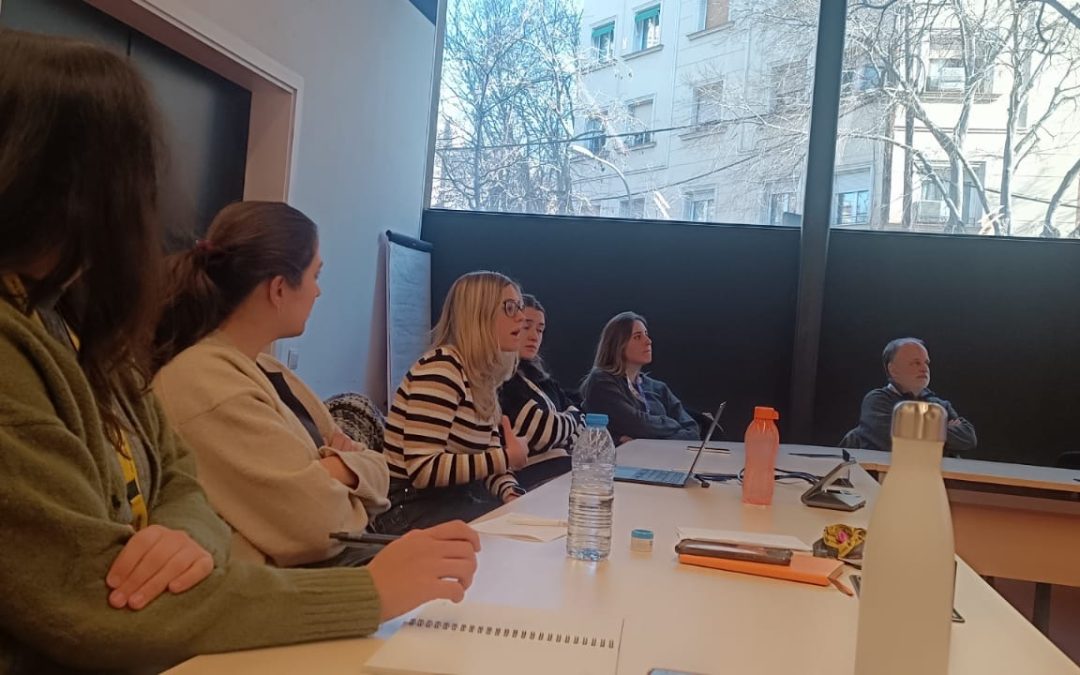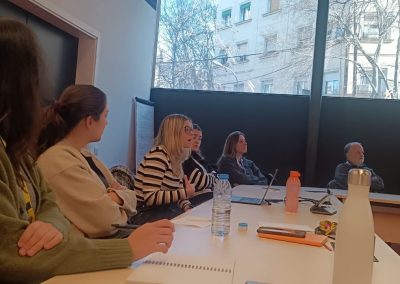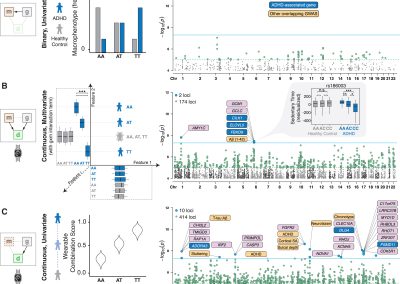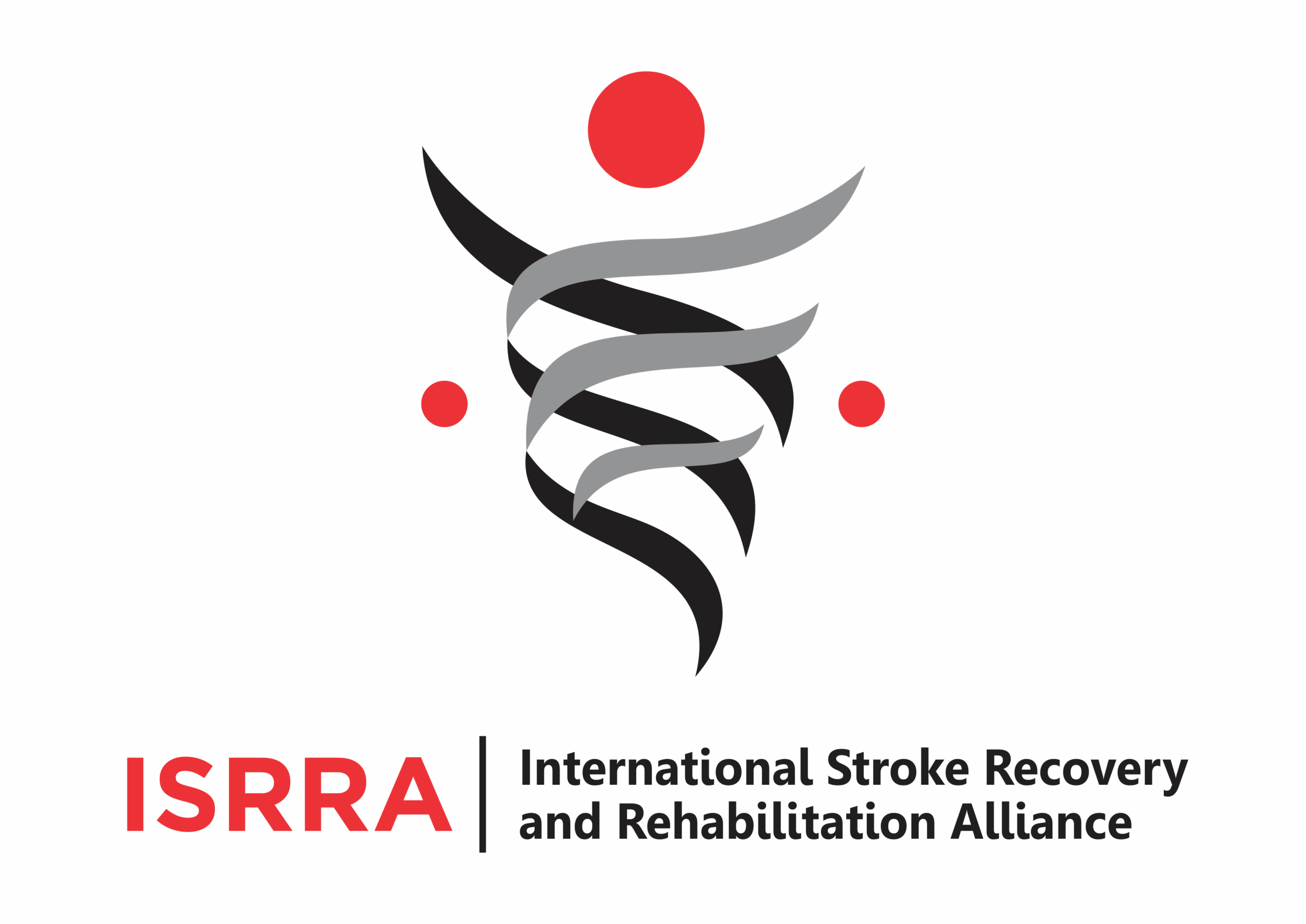We were honored to welcome Dr. Beatrice Borsari, a distinguished researcher from Yale University, who visited us to present her latest groundbreaking work on psychiatric disorders and the innovative use of wearable technologies in research.
Dr. Borsari’s study explores the influence of genetic and environmental factors on psychiatric conditions, addressing the challenges of accurately characterizing human behavior. Her research leverages wearable sensors to measure behavior quantitatively and objectively, overcoming many of the limitations of traditional methods.
Drawing on data from the Adolescent Brain Cognitive Development (ABCD) study, Dr. Borsari’s team analyzed over 250 wearable-derived features, referred to as digital phenotypes. Using an interpretable AI framework, they demonstrated the ability to classify adolescents with psychiatric disorders more accurately than ever before.
Her findings highlight the potential of digital phenotypes in genome-wide association studies (GWAS). The study underscores how wearable technologies can provide greater detection power compared to traditional methods, offering new insights into the connections between behavior and genetics.
This presentation captivated our research group, on how we can use similar tools and techniques in our own projects, helping us conduct research that’s more accurate and meaningful.
We are grateful to Dr. Borsari for sharing her pioneering work and look forward to the advancements this research will bring to the field of genetics and beyond.









